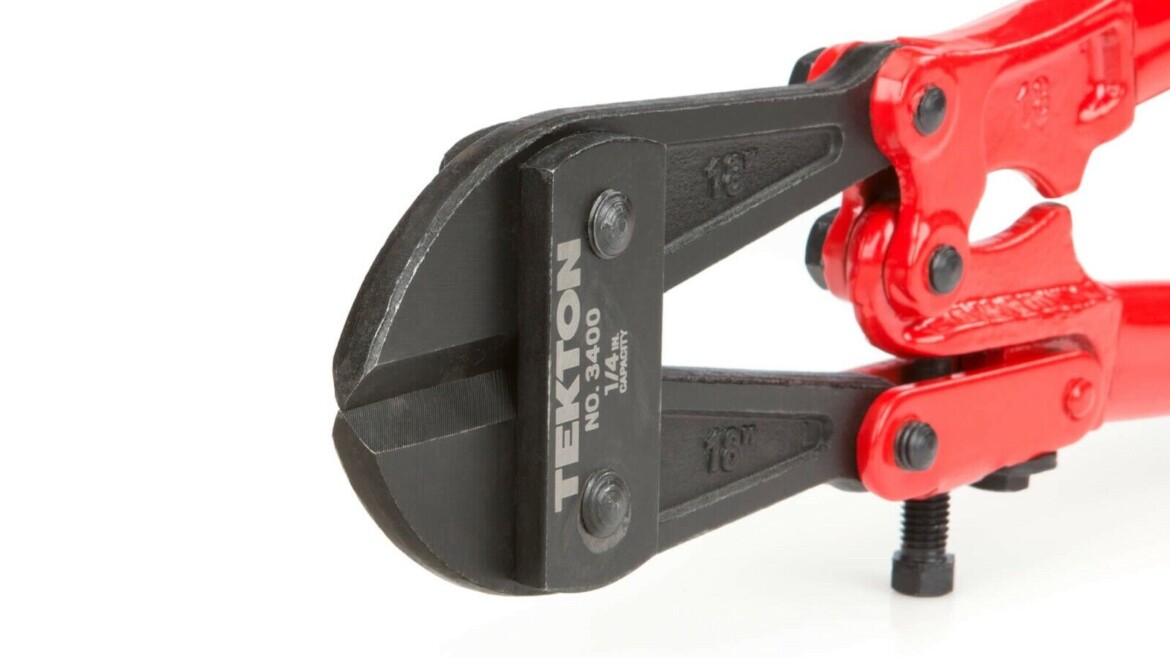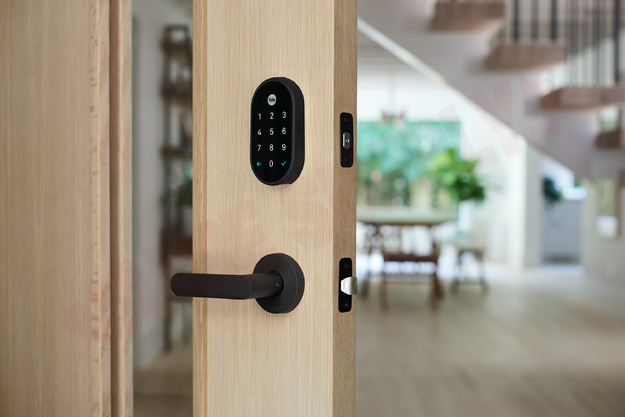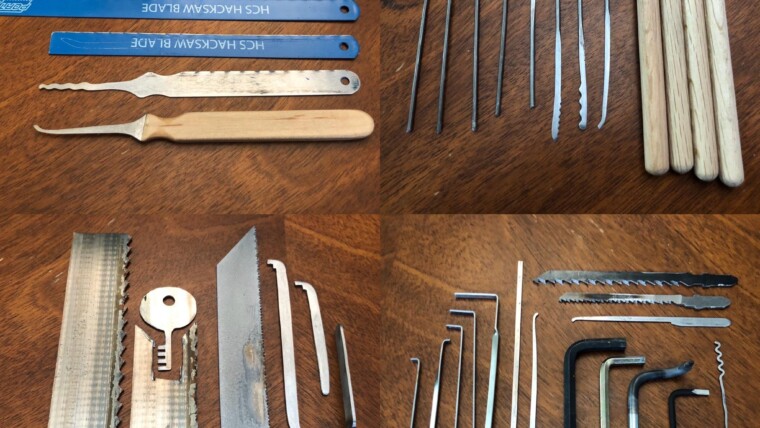We all have encountered padlocks in Vancouver. Sometimes they are unlocked using a key and others use a combination. In Vancouver, most condominiums come with a storage locker downstairs. Whether it’s the older wood style or the more modern metal wire style, they are most often secured by one or more padlocks or bike locks. Locks that we often lose the key or the combination to and now must be cut off using bolt cutters.
Tips on Selecting the Proper Bolt Cutter
Choosing the right bolt cutter is important as it can make the job easy or fill you with regret. So here are a few tips to cutting off padlocks or bike locks using bolt cutters:
- Size of the Bolt Cutter: Bolt Cutters come in small one-hand versions up to extra large versions as tall as you or me. Bigger is generally better, but should not be the only criteria.
- Cutting capacity of the Bolt Cutter: Bolt Cutters have different ratings for how much material they can cut. Also the type of cutting material can increase or decrease the cutting capacity. You should always check the rating to prevent damaging the bolt cutter and yourself.
- Quality of the cutting blades: If you have wondered why two bolt cutters of the same size and cutting capacity can differ so much in price, it’s probably due to the quality of the cutting blades. I personally love US and German-made hand tools because of the quality of their tools. Better quality bolt cutters will have blades that deform less and last longer.
- Comfort and Ergonomics: These days you can find bolt cutters with telescopic handles. As we learned in high school physics, longer handles give you more leverage which makes cutting easier. However, if the handles are too long or the size of the bolt cutter too big, it may make it harder to control or use.
- Budget: Great quality hand tools can cost a pretty penny. In the locksmithing profession, German tools like Wera, Wiha, and Knipex are considered some of the best, but they come with steep price tags. If you’re not planning to cut a lot of padlocks, a cheaper bolt cutter will be easier on your wallet and may fit your needs better. If you are buying one for your business or strata, a higher quality bolt cutter may be more appropriate.
Things you should not cut with bolt cutters
As a rule of thumb, if the diameter of the padlock shackle or the chain link is thicker than ⅜”, you should use a power tool like an angle grinder or, better yet, a die grinder. Even at ¼”, you will need a pretty heft bolt cutter. To prevent injury to yourself and to property, avoid cutting the following with bolt cutters:
- Bike locks or chains with material ¼” or thicker
- Padlocks with shackle guards
- Discus padlocks
- Puck shaped locks for securing cargo vans and garbage bins
- Locks with a rubber or vinyl coating
- Chains with kevlar sheaths
- Padlocks for job site boxes
- Padlocks inside road barriers and gates
- Electrical wires with live current
We cannot stress the importance of the last item enough. Please do not attempt to cut any electrical materials without verifying that there is no current. Electrical current testers can be bought at any hardware store.
When should you call a locksmith?
If you have a bike lock, chain, or padlock that you need cut, you should call for a Vancouver locksmith. At Archer Lock Services, we service the entire Greater Vancouver Region. Cutting off locks is a frequently requested service.
Generally, a decent set of bolt cutters is a great addition to anyone’s toolbox. It’s one of those things you realize just how much you need it only when you really need it and don’t have it.
If you don’t want the hassle, just call or text me at 604-363-2760 or email me at alex@locksmith.com. It would be my pleasure to answer any questions you may have.



